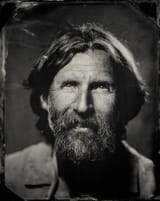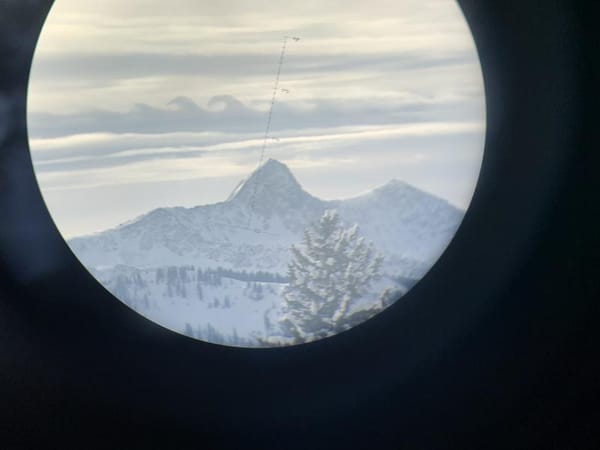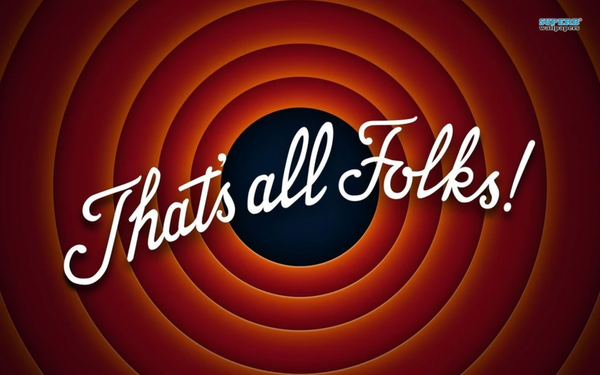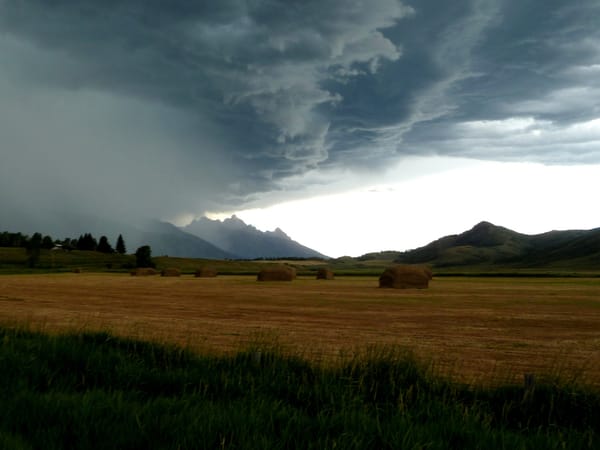Prisoners of War (A short meditation on Leadership)

If you’re my age, you might’ve grown up watching a film, The Bridge On the River Kwai. It tells the story of British and American GIs in WW2 who were POWs, forced by the Japanese to build a bridge over a river separating Bangkok and Rangoon. It won the best film award in 1957. What most people don’t know is that in the making of the film, two screenwriters, Carl Foreman and Michael Wilson, had to work in secret in England, having been blacklisted. The Hollywood blacklist began in late 1947 after 10 Hollywood writers and directors were cited with contempt of Congress for refusing to comply with the House Un-American Activities Committee.

But it wasn’t until I read Richard Flanagan’s 2013 Narrow Road to the Deep North* that I came to understand something of leadership I had never considered. Though it is generally viewed as a novel, Narrow Road tells the story of Dorrigo Evans (the historically accurate grandfather of Flanagan), a Tasmanian/Van Diemenslander army officer in the Australian army, captured during the Battle of Java, and, mirroring the American plight on the River Kwai, forced to build the Burmese Death Railway. Even though Evans is still a relatively young officer, he is named the commanding officer of the Australian POW camp.

I was a military officer in the Middle East during the first Gulf War and I cannot imagine the horror, the atrocities, the cruelty. I was lucky. But for Dorrigo Evans, despite the pain, the trauma, the doubt and even self-loathing, Evans came to realize - as the POW commander - that his strength and fortitude was what the men needed from them to carry on. In the eyes of his men, he refused leniency and special favors from his captors, he refused light duty work and extra food in front of living skeletons of men, wasting away through not just malnutrition but starvation, through physically impossible working conditions, through disease and pestilence. Of course many of his men died, but not because of a broken heart. Their stories of resistance and resilience are worth the read alone.

But that facet of leadership: And it’s worth reading very slowly: Evans made up his mind that “I must do what the men need me to do.”
See you next week.
* Flanagan, of course, cribbed the title of his book from Basho. Narrow Road to the Deep North was Basho’s last and arguably most famous collection of haiku penned while traveling through northern Japan in the 17th century. Other translations of the book are Narrow Road to the Interior and Journey to Within.





